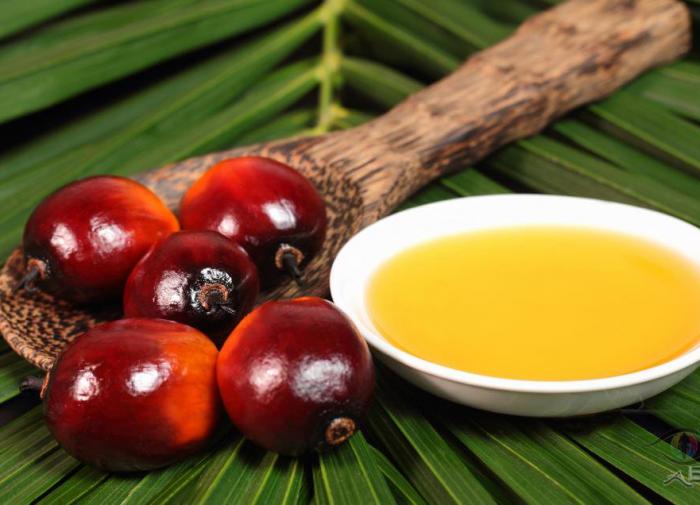Russia reduces imports of palm oil
In the first half of 2020, Russia has decreased imports of palm oil for the first time in six years. During the first half of 2019, Russia imported 506,000 tons of palm oil, and only 473,000 tons - during the same period of this year. The imports of palm oil in the Russian Federation have thus decreased by seven percent.

Russia has ben continuously increasing palm oil imports since the late 1990s. This sector of imports has seen a tenfold increase over this period of time to a record-setting 1.06 million tonnes in late 2019. Palm oil enjoys great demand in the food industry: it is convenient for manufacturers to use it, and the cost of palm oil is lower in comparison with other vegetable and dairy fats.
Making one croissant on a traditional recipe requires about 25 grams of butter, which costs about four times as much as its vegetable analogues. When ready, the croissants will look absolutely the same in comparison with those made with the use of vegetable oil substitutes, so it makes no sense for manufacturers to use expensive raw materials.
During the last couple of years, Russia has been importing about one million tons of palm oil every year, primarily from Indonesia. Most of this volume - about 90 percent - is used in the food industry by confectioners, bakers, and dairy products manufacturers.
The decline in the imports of palm oil in the first half of 2020 may be due to the strengthening of state control over the quality of dairy products. In 2019, it was forbidden to display food products containing milk fat substitutes on the same shelves with products that do not contain such substitutes.
The Russians consume only a small proportion of palm oil with milk substitutes - only 12-13 percent. Most often, palm oil is used in the confectionary industry. The decline in palm oil imports is not associated with the confectionery industry, it comes as a result of the introduction of new rules for the sale of products with milk fat substitutes, experts say.
The temporary closure of cafes and restaurants could affect palm oil imports, as cafes and fast food outlets use a palm oil containing mixture for deep-fried cooking.
Therefore, the demand in palm oil may go back to its common values already in 2020 due to a temporary decline in the purchasing capacity of Russian consumers amid the pandemic.
The good and bad of palm oil
Palm oil is 100% fat. It contains 50% of saturated acids, 40% of monounsaturated acids, and 10% of polyunsaturated acids.
One tablespoon of palm oil contains:
- 114 calories;
- 14g of fat;
- 5g of monounsaturated fat;
- 1.5g of polyunsaturated fat;
- 11% of the daily intake for vitamin E.
Palm oil contains palmitic acid, oleic, linoleic and stearic acids. The reddish-yellow pigment comes from carotenoids, antioxidants like beta-carotene, which serves as the source for the production of vitamin A in the human body.
Like coconut oil, palm oil hardens at room temperature, but melts at 24 degrees, while the coconut oil melts at 35 degrees.
In the 1980s, it was believed that palm oil should be replaced with trans fats not to cause possible damage to the heart. Many studies report conflicting results on the effects of palm oil on the human body. The consumption of palm oil may raise cholesterol levels in those individuals who already have higher cholesterol.
In 2019, WHO experts published a report that mentioned articles on the benefits of palm oil. However, it became known later that four of the nine articles in the report were written by employees of the Malaysian Ministry of Agriculture, who were responsible for the development of the industry.
Palm oil can be beneficial healthwise. Palm oil improves cognitive function and has a positive effect on the brain. It is used to prevent vitamin A deficiency and serves as an excellent source of tocotrienols - forms of vitamin E with strong antioxidant properties. Studies show that these substances help protect body's polyunsaturated fats from breakdown, slow the progression of dementia, reduce the risk of stroke, and prevent the growth of lesions in the cerebral cortex.
Subscribe to Pravda.Ru Telegram channel, Facebook, RSS!


